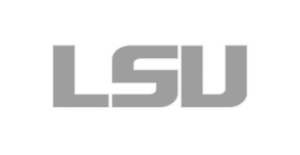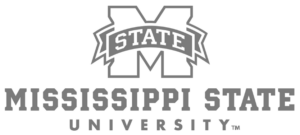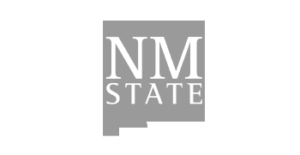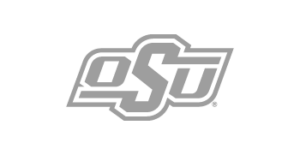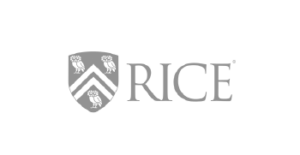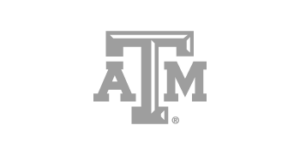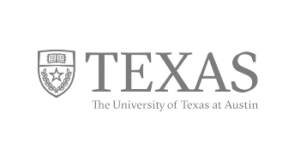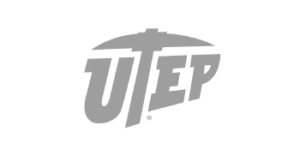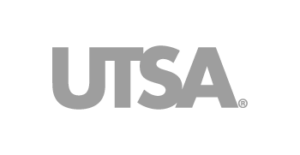Originally posted at The University of Texas at Austin Dell Medical School Blog
By Jose Papa, Program Associate with Texas Health Catalyst
The following blog post is authored by José Papa, a program associate with Texas Health Catalyst who is interested in how technology and innovation can improve health care access. He has experience in business development, sales and marketing. You can find him at a local yoga studio or dog park, and connect with him on Twitter and LinkedIn.
Two scientists proudly present their novel discovery to the audience gathered at UT Austin’s Avaya Auditorium. They are very excited about its potential to “revolutionize care delivery”. Their team is a Texas Health Catalyst finalist participating in a National Science Foundation (NSF) I-Corps workshop on customer discovery. “But who cares?” asks the instructor. The blunt question is not intended to undermine the technology but to help inventors think about whether they are solving a real problem.
Collaborating to Address a Gap
Texas Health Catalyst, a program of the Dell Medical School at UT Austin, supports researchers and inventors in accelerating the translation of innovations to health products. Of the 80 proposals submitted to the catalyst this year, 15 finalists were selected to move to the consulting phase of the program where they receive customized guidance from clinical and industry experts.
“Innovation is great but most products fail not because of bad technology but because they can’t find customers. Before investing significant time and resources, we wanted teams to validate their problem statement and determine if customers would be willing to pay for the solution” said Nishi Viswanathan, director of Texas Health Catalyst. “From past experience, we knew NSF I-Corps would be the best way to go about this.”
I-Corps is a National Science Foundation program aimed to inspire scientists and engineers to tap into their entrepreneurial side. During their participation in the three-week regionals, innovators talk to potential customers, partners and competitors to understand the challenges and uncertainty of creating successful products. Texas Health Catalyst partnered with the Southwest Regional I-Corps node this year to help catalyst finalists modify and sharpen their business models — specifically understanding who their customers are and what would motivate them to adopt a new solution.
Partners for this exclusive cohort included Marco Bravo, executive director for Southwest I-Corps; Aprille Busch, assistant director for Southwest I-Corp; and Kerry Rupp, general partner at Truewealth Ventures and an I-Corps instructor.
“The creation of such a cohort allows the session to be more specific in scope since all the teams have some background in the life sciences, which results in more open team learning and cooperation,” Bravo said.
The I-Corps Experience
The first session provided finalists the best practices and methodology needed to better understand their customers and the buying journey. For instance, a product’s end-consumer may be a patient with Alzheimer’s disease; however, should the family and home care nurse be addressed as part of the buying journey, and how should each message be different? Rupp, Bravo and Busch led the day-long immersion on how to conduct customer discovery and start developing a business model canvas.
The criteria for the customer discovery process was very specific and strict; teams were encouraged to do one-on-one interviews with 30 potential customers — whether they be physicians, nurses, caregivers, hospital executives or patients with a specific diagnosis. Teams were encouraged to ask a wide array of questions about customer challenges while ensuring they were not selling their product. These customer interviews would shape their business model for the second session, in which teams would present their updated value proposition with supporting data.
During these presentations, I-Corps leaders were specifically looking for how the teams were able to articulate their technology for whom and why. Much of the takeaways involved the following objectives:
- Determine specific outcomes backed by data such as number of patients or money saved instead of pie-in-the-sky predictions
- Understand customers and exactly what problems they are solving
- Shift from features and functions to benefits and customer’s pain points and how problems can be quantified
- Discern if their technology is actually adoptable; and if so, what is their strategy to change the status quo?
The presentations were interactive with I-Corps leaders and the other teams questioning and suggesting recommendations. In addition to this invaluable feedback, teams were able to network. The cross-pollination of knowledge is what makes programs like Texas Health Catalyst and I-Corps so successful.
The teams’ experience was summed up by Jeff Levine from Advanced Scanners: “The I-Corps session offered during Texas Health Catalyst was the most miserable yet most valuable experience we have ever been through”.
Select teams were invited to participate in the national I-Corps program that provides a $50,000 grant to conduct more extensive customer discovery.
“In previous years, a couple of teams referred by Texas Health Catalyst have participated first in the regionals and then in the nationals. This is a huge commitment for busy innovators but can be very rewarding. In fact, one of the teams received significant follow-on funding from the NIH as a result of their improved understanding of the market,” Viswanathan said.
The Road Ahead
Having completed the regional I-Corps process, finalist teams are currently in Texas Health Catalyst’s consulting phase and working with investor and industry experts in order to get specific feedback, identify and address gaps in their business models, and identify the next steps towards commercialization.
This year’s official collaboration between the catalyst and I-Corps marks how both national and state resources are instrumental in the commercialization process, especially for life sciences where the ecosystem is so complex.
“Even at a basic level, you’re dealing with patients, physicians, payers and the FDA,” Bravo said. “Having the backing of a strong academic and research institution such as the University of Texas at Austin allows Texas Health Catalyst and I-Corps to build a culture from scratch. We’re able to test the market potential of products before bringing them out to the public.”
While the vision may seem grand, both Texas Health Catalyst and I-Corps are geared up for the challenge.
